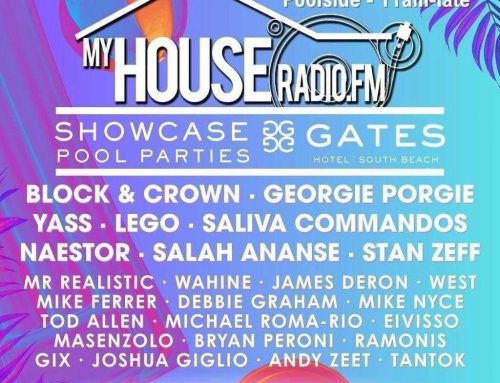
New legislation finally ends all restrictions that prevented dancing in entertainment establishments
New York’s City Council has approved a new piece of legislation that supports the growth and expansion of nightlife businesses.
Called the City of Yes for Economic Opportunity, the bill was passed on June 6th. It removes 1960s-era zoning codes that didn’t allow dancing in many bars and restaurants. These restrictions were part of a 1926 rule known as the Cabaret Law, which banned dancing in venues that didn’t have a special license.
In the ’90s, the Cabaret Law was revised to ban clubs from opening in residential areas without the special permit, forcing them to cluster in manufacturing zones instead. The law was repealed in 2017 but lingering zoning rules still categorised certain businesses as no-dancing zones—a major obstacle to the growth of nightlife in a city considered as the world’s party capital. The new bill effectively levels the playing field for small businesses such as bars and restaurants that were subject to fines if their patrons were found dancing. Dancing is now legal in all commercially-zoned eating and drinking establishments as long as it’s in scale with the venue size.
The City of Yes for Economic Opportunity officially marks the end of the Cabaret Law and includes other measures to support venue owners. It makes it easier for nightlife businesses to open in more neighbourhoods around the city and set up shop on the ground and upper floors of buildings—areas that were previously inaccessible.
The Office of Nightlife (ONL), part of New York’s government and created in 2017, celebrated the bill. “In our 24/7 city—the birthplace of hip-hop, salsa and disco—the freedom to dance is essential,” ONL’s executive director, Jeffrey Garcia, said in a press statement. “These changes overturn outdated rules from the 1960s and fulfil a key priority from ONL’s 2021 recommendations to finally repeal the last vestiges of the discriminatory Cabaret Laws.”
Nightlife advocates also welcomed the news.
Greg Miller, executive director of Dance Parade, a non-profit that organises street festivals, told Resident Advisor that he considers dancing a First Amendment right: “The repressive zoning laws that have limited dance to commercial clubs are no longer!”
“Passing this reform opens up prohibited spaces and can localise music and dancing across all five boroughs,” urban planning specialists Tara Duvivier and Lauren Goshinski told RA. Duvivier (AKA DJ Tara) is a senior planner at the Pratt Center for Community Development while Goshinski (AKA Boo Lean) is a curator and researcher who sits on RA’s board.
They continued: “New York’s cultural ecosystem (performers, owners, attendees) is hurting as rents continue to rise, and we need affordable space more than ever.”
Read more about the reforms on New York’s government website.





Leave A Comment
You must be logged in to post a comment.